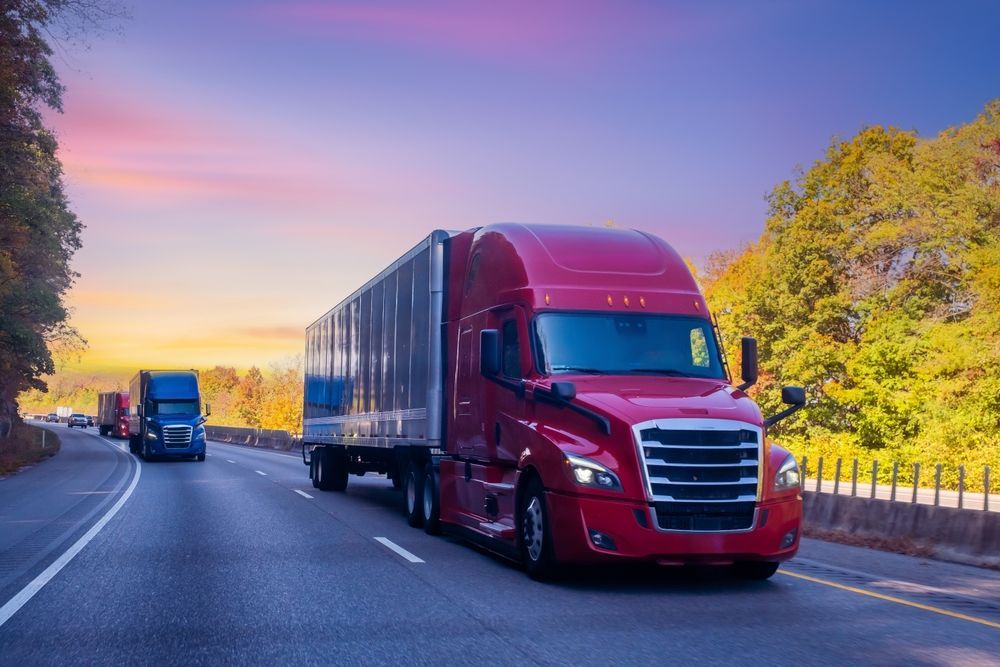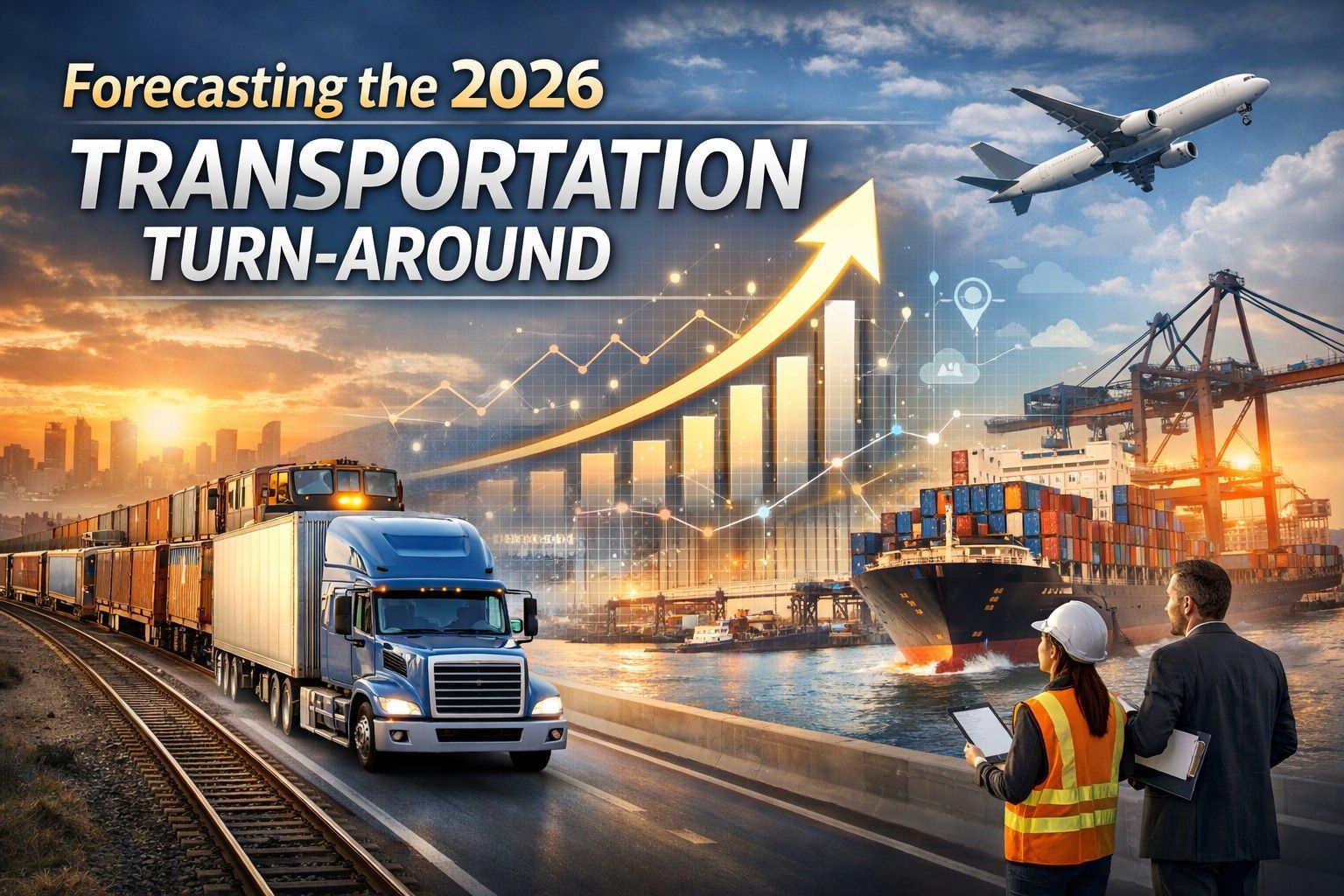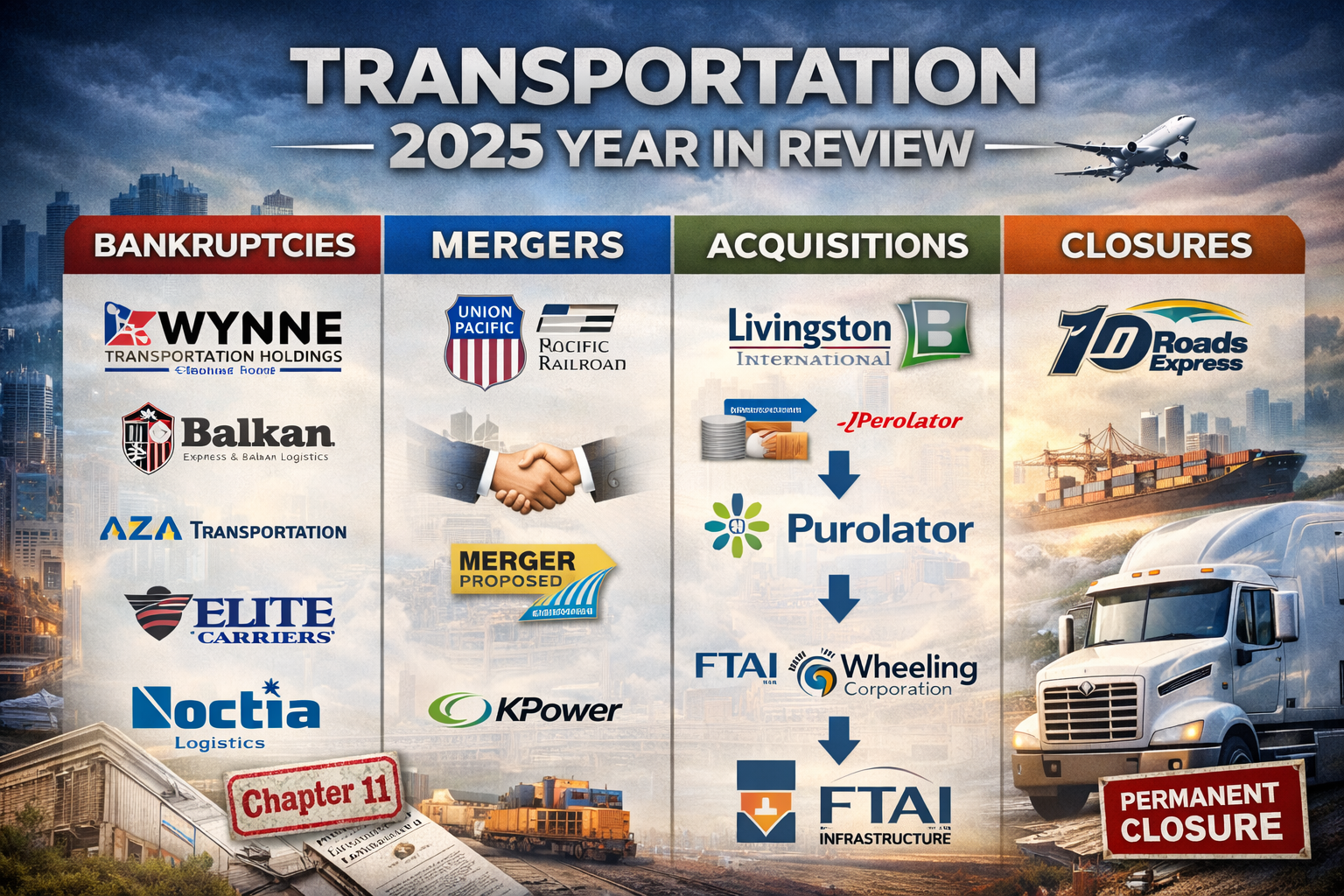Multi-State Sales Tax for Trucking Companies [Guide]
Share this Article:
Understanding Multi-State Sales Tax
Sales tax laws in the United States are complex and vary significantly from one state to another. For trucking companies operating across multiple states, understanding these differences is essential. Sales tax is administered at the state level, with each jurisdiction determining its own rates, rules, and compliance requirements.
In the transportation industry, multi-state sales tax can apply to a wide range of transactions, including the purchase of equipment, repair services, and operational expenses. Trucking companies must carefully navigate the varying definitions of what is taxable in each state to avoid costly mistakes.
One critical concept in managing multi-state sales tax is "nexus," which refers to the connection that creates a tax obligation in a particular state. Nexus can be established through various activities, such as having a physical location, employing workers, or delivering goods within a state. Because trucking operations are inherently mobile, determining where a company has nexus can be complicated and requires detailed attention.
A strong understanding of these fundamentals allows trucking companies to reduce tax risks and maintain compliance, ensuring they are not overpaying or underpaying sales tax as they operate across state lines.
How Sales Tax Applies to the Trucking Industry
Sales tax obligations for the trucking industry are distinct from those in other sectors. While the sale of tangible goods is typically taxable, the transportation of goods across state lines often receives different tax treatment. However, trucking companies frequently encounter taxable transactions that can affect their operations and financial strategies.
Common taxable items include the purchase of trucks, trailers, repair parts, and maintenance services. Some states provide exemptions for equipment used in interstate commerce, but the eligibility criteria and application of these exemptions vary widely. Without a thorough understanding of these differences, companies risk missing valuable savings or becoming vulnerable to audit exposure.
Leasing equipment, purchasing fuel, and acquiring administrative supplies may also create sales tax obligations, depending on the jurisdiction and the specific use of the goods. Some states extend sales tax to support services related to transportation, further complicating compliance.
Because trucking companies operate across multiple states, evaluating the taxability of each purchase and service in every relevant jurisdiction is critical. Careful review and management of these transactions help reduce the risk of non-compliance and financial penalties.
Multi-State Sales Tax Challenges for Trucking Companies
Operating in multiple states creates a range of sales tax challenges for trucking companies. Each state has its own tax laws, definitions, and enforcement practices, making uniform compliance difficult. Trucking companies must not only understand the taxability of purchases but also keep track of varying exemptions, filing deadlines, and documentation requirements across all jurisdictions where they conduct business.
One of the primary challenges is determining where the company has nexus. Because trucking companies frequently deliver goods into many states, they may unintentionally create nexus in states where they have no physical presence. This can result in unexpected tax obligations and increase the administrative burden on internal teams.
Another major challenge involves managing exemption certificates. While some states offer exemptions for vehicles and equipment used in interstate commerce, maintaining accurate and up-to-date exemption documentation is essential. Improper handling of exemption certificates can lead to denied exemptions during an audit, resulting in additional tax assessments and penalties.
Additionally, changing state laws and evolving interpretations of nexus rules require companies to stay vigilant. A practice that was compliant last year may not meet today’s standards. Without a proactive approach, trucking companies risk falling out of compliance and facing costly consequences.
Compliance Essentials: Staying Ahead of Multi-State Sales Tax
Managing multi-state sales tax starts with identifying where nexus exists and understanding the taxability of transactions in each state. Trucking companies must have clear procedures in place to monitor these obligations.
Accurate recordkeeping is critical. Companies should maintain detailed records of purchases, sales, exemption certificates, and filings. Organized documentation supports compliance efforts and helps defend against audit risks.
Regular review of exemption certificates is also essential. Many states require periodic renewals, and expired or incomplete certificates can result in tax assessments. A system for tracking and updating certificates helps prevent costly mistakes.
Monitoring changes in state tax laws is necessary as well. States frequently revise nexus rules and taxability guidelines. Staying current allows companies to adjust compliance practices before issues arise.
Many trucking companies benefit from using tax automation tools or partnering with experienced tax professionals to manage multi-state requirements efficiently.

Strategies for Reducing Sales Tax Liability
Reducing sales tax liability requires careful planning and a strong understanding of available exemptions and incentives. For trucking companies, one of the most effective strategies is leveraging exemptions for interstate commerce. Many states provide exemptions on trucks, trailers, and equipment primarily used across state lines, but companies must meet specific criteria and maintain proper documentation.
Another strategy involves evaluating purchasing patterns. Centralizing procurement in favorable tax jurisdictions or structuring transactions to align with exemption qualifications can lower tax exposure. Working with vendors who understand the nuances of transportation tax rules can also help minimize unnecessary tax charges.
Periodic internal reviews can uncover overpayments and missed exemptions. Conducting a reverse audit helps identify areas where refunds may be available and ensures future transactions are properly structured.
Finally, engaging a specialized tax advisor provides trucking companies with access to industry-specific knowledge and insight. A proactive strategy built around expert advice helps companies identify savings opportunities while maintaining compliance.
Multi-State Sales Tax Audits: What to Expect
Sales tax audits focus on verifying compliance across multiple states. Auditors review purchase records, sales invoices, exemption certificates, and filings to identify errors or omissions. For trucking companies, audits often examine nexus, taxability decisions, and exemption management.
Missing or invalid certificates can trigger additional tax assessments and penalties. Maintaining organized records and clear processes strengthens a company’s position during an audit.
Preparing in advance by reviewing internal records minimizes risks. Companies that engage tax advisors with transportation expertise are often better positioned to manage audits efficiently and address auditor inquiries effectively.
How Transportation Tax Consulting Supports Multi-State Sales Tax Compliance
Transportation Tax Consulting provides tailored strategies to simplify multi-state sales tax compliance. With specialized experience in the transportation industry, we guide trucking companies in identifying nexus, applying exemptions, and maintaining accurate records across jurisdictions.
Our team offers proactive planning, audit support, and practical solutions to reduce tax exposure and manage compliance more efficiently. We focus on minimizing liabilities and helping companies avoid costly penalties.
Multi-state sales tax compliance demands industry-specific expertise. Transportation Tax Consulting is committed to making a difference by delivering strategies that drive stability and growth.
Schedule a consultation today to learn how we can support your multi-state sales tax needs.
Share with Us:




